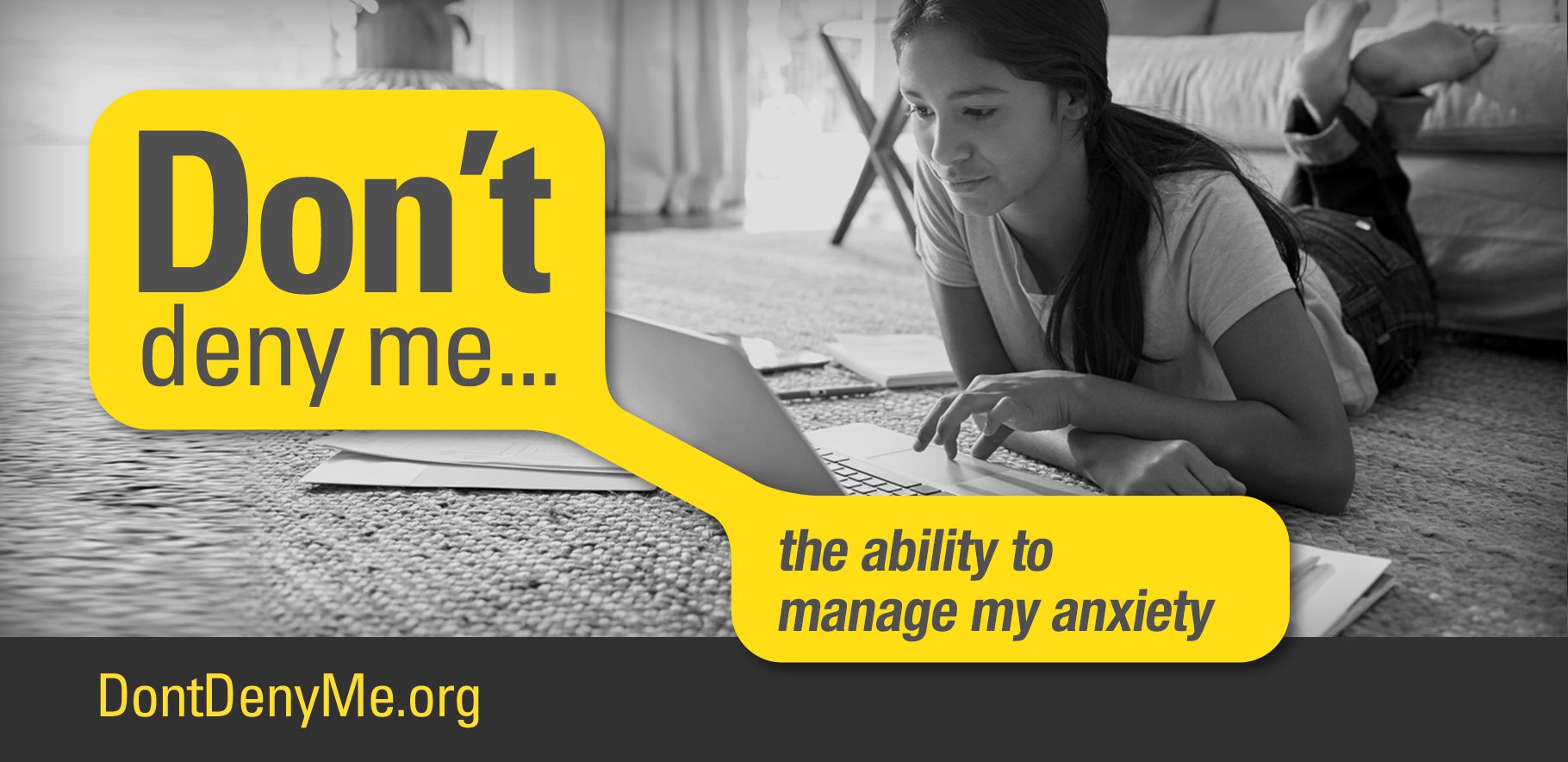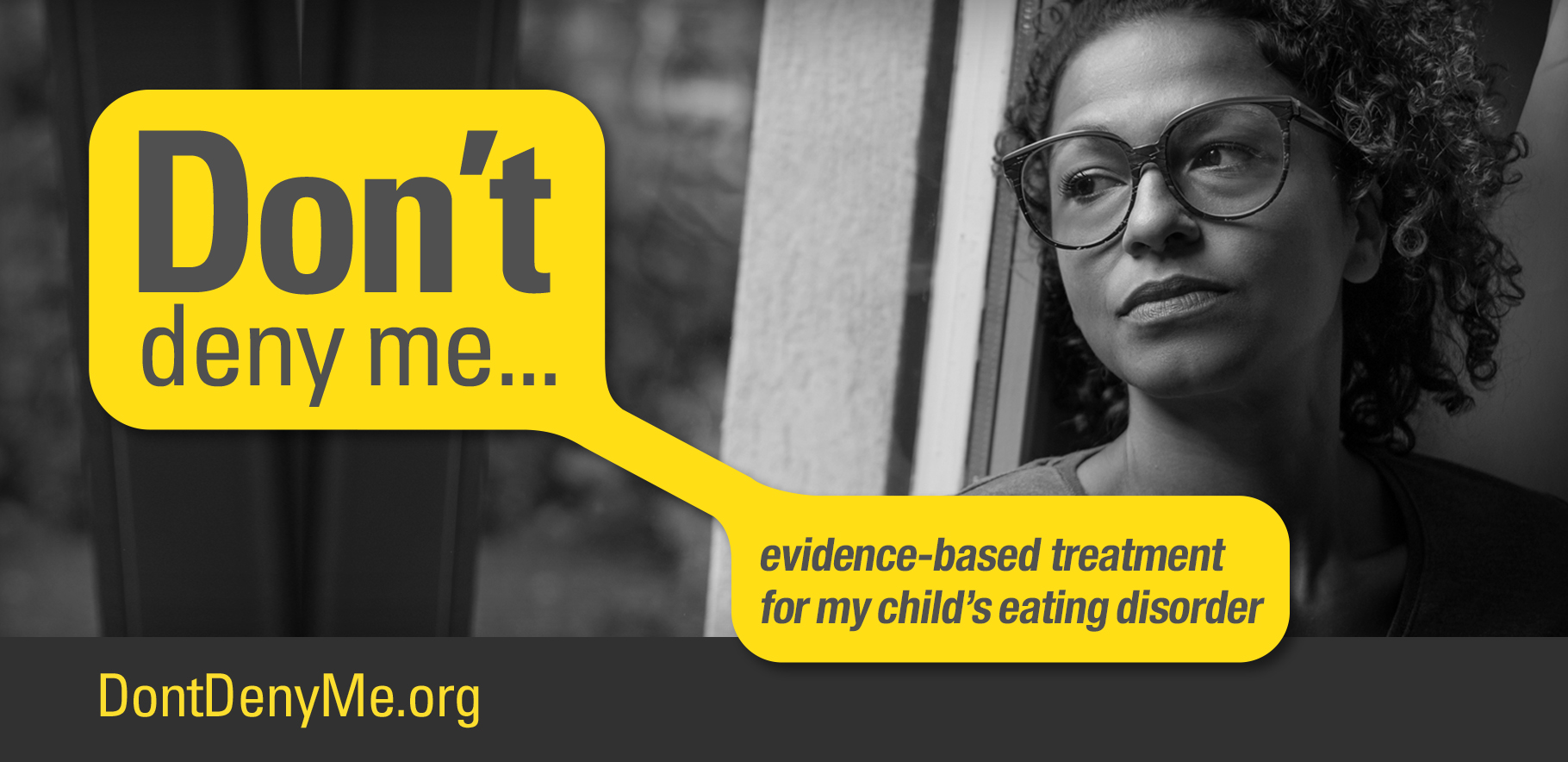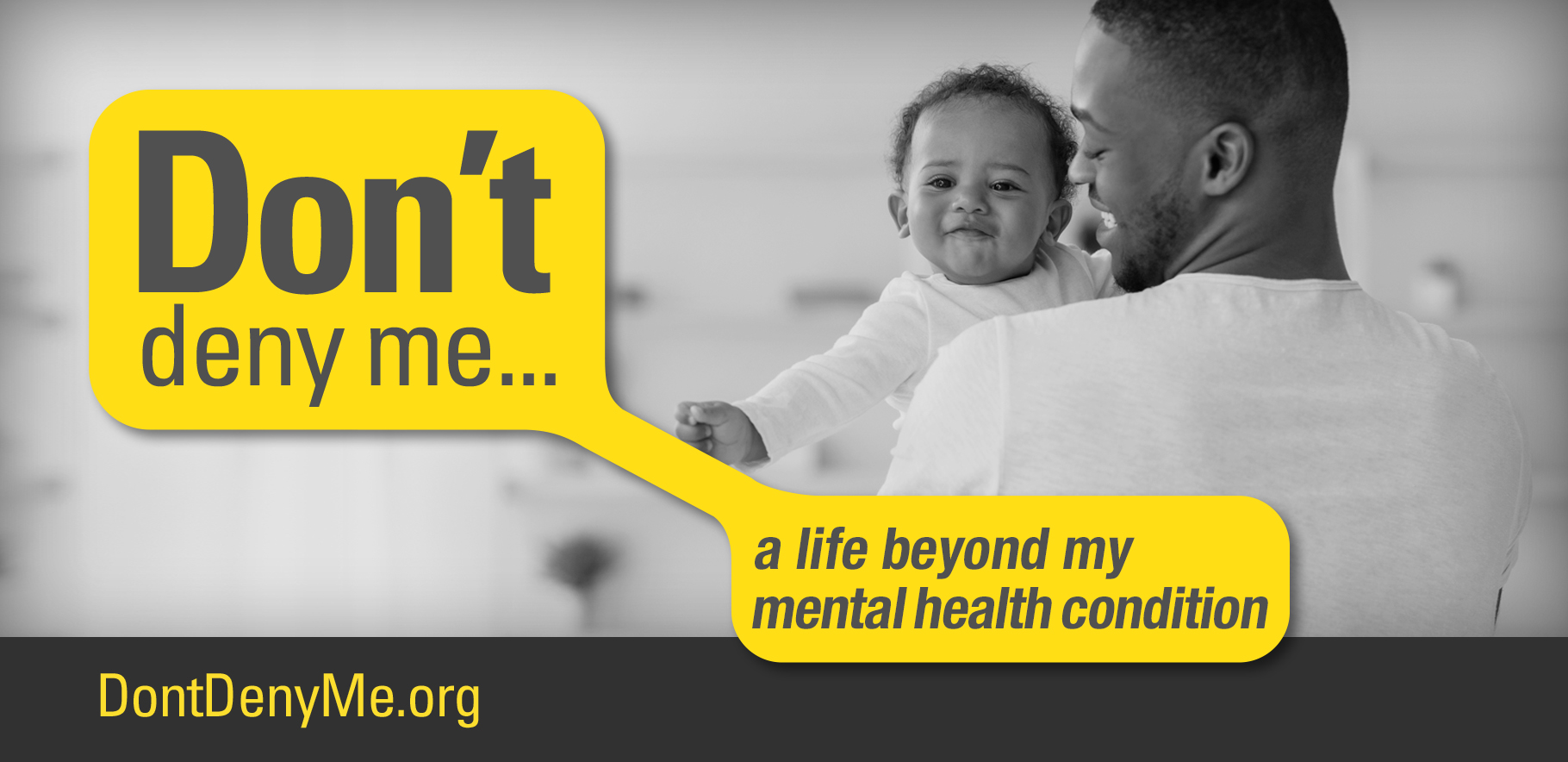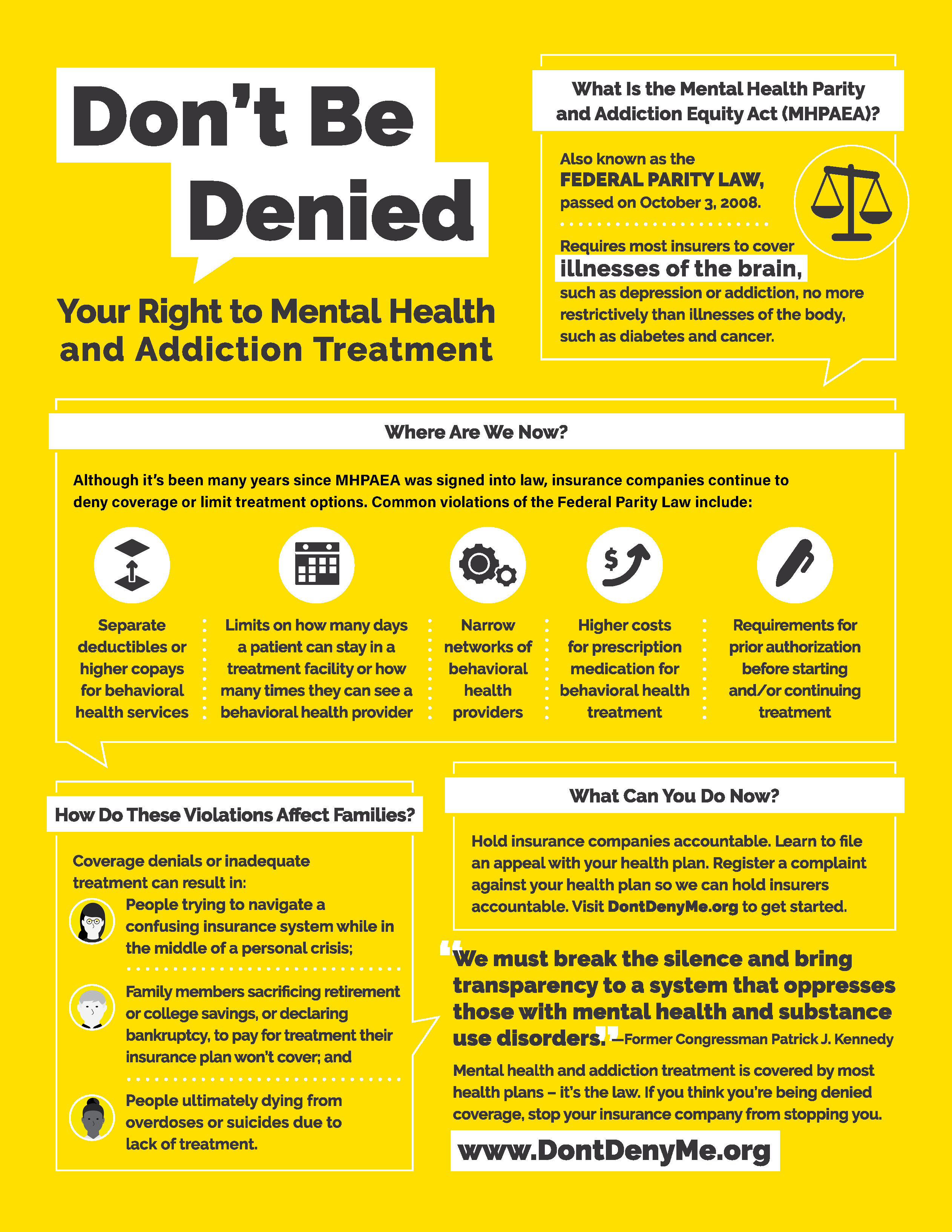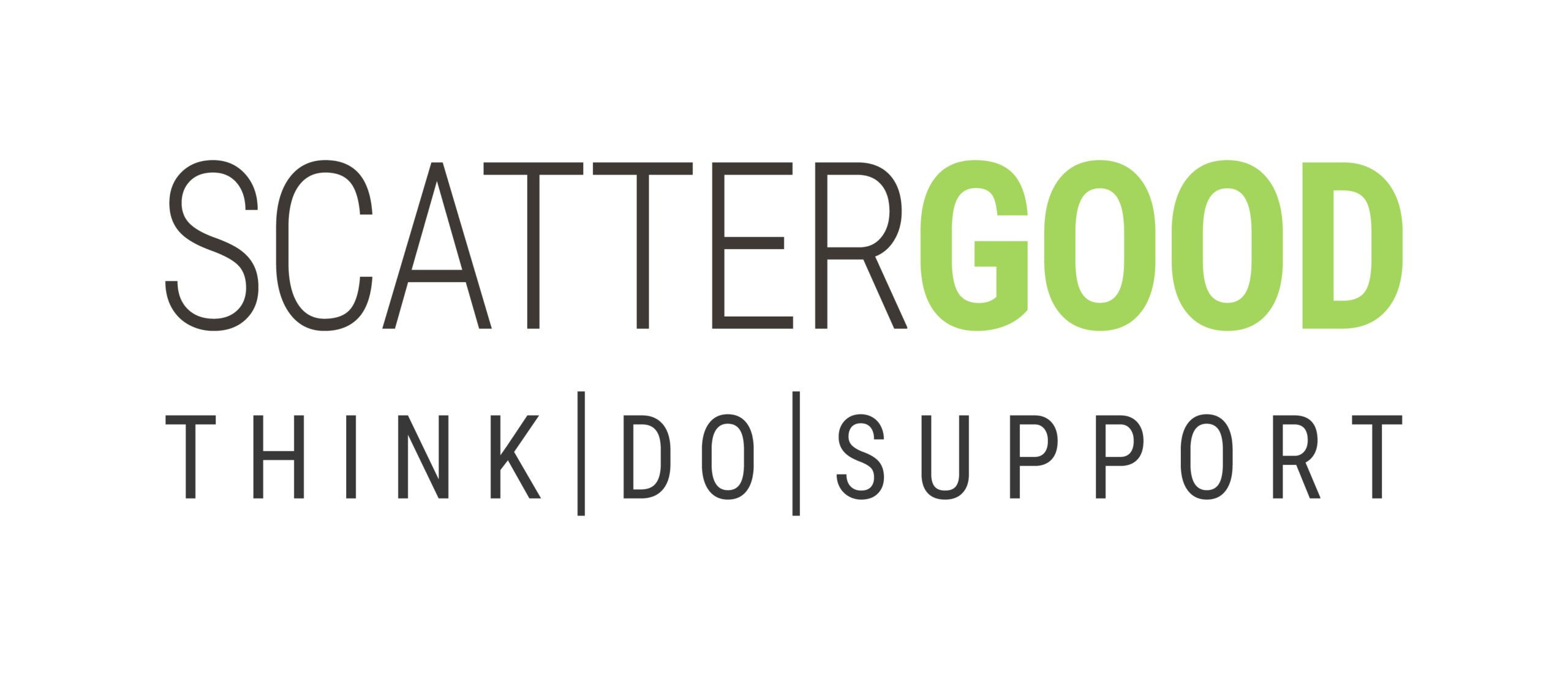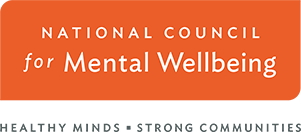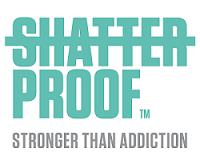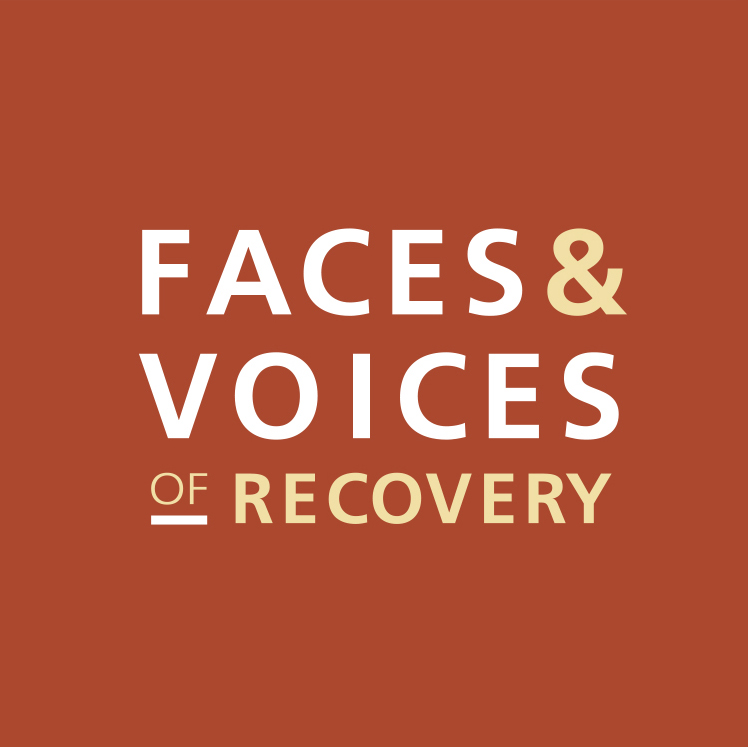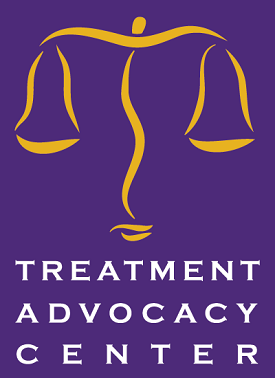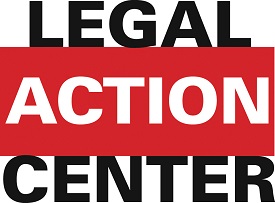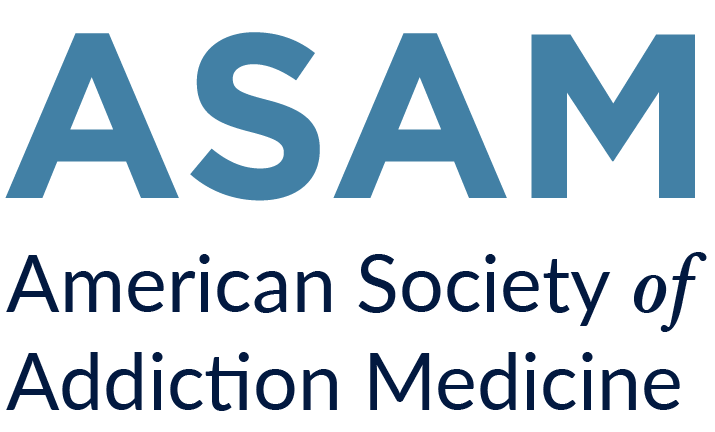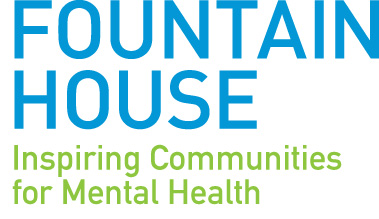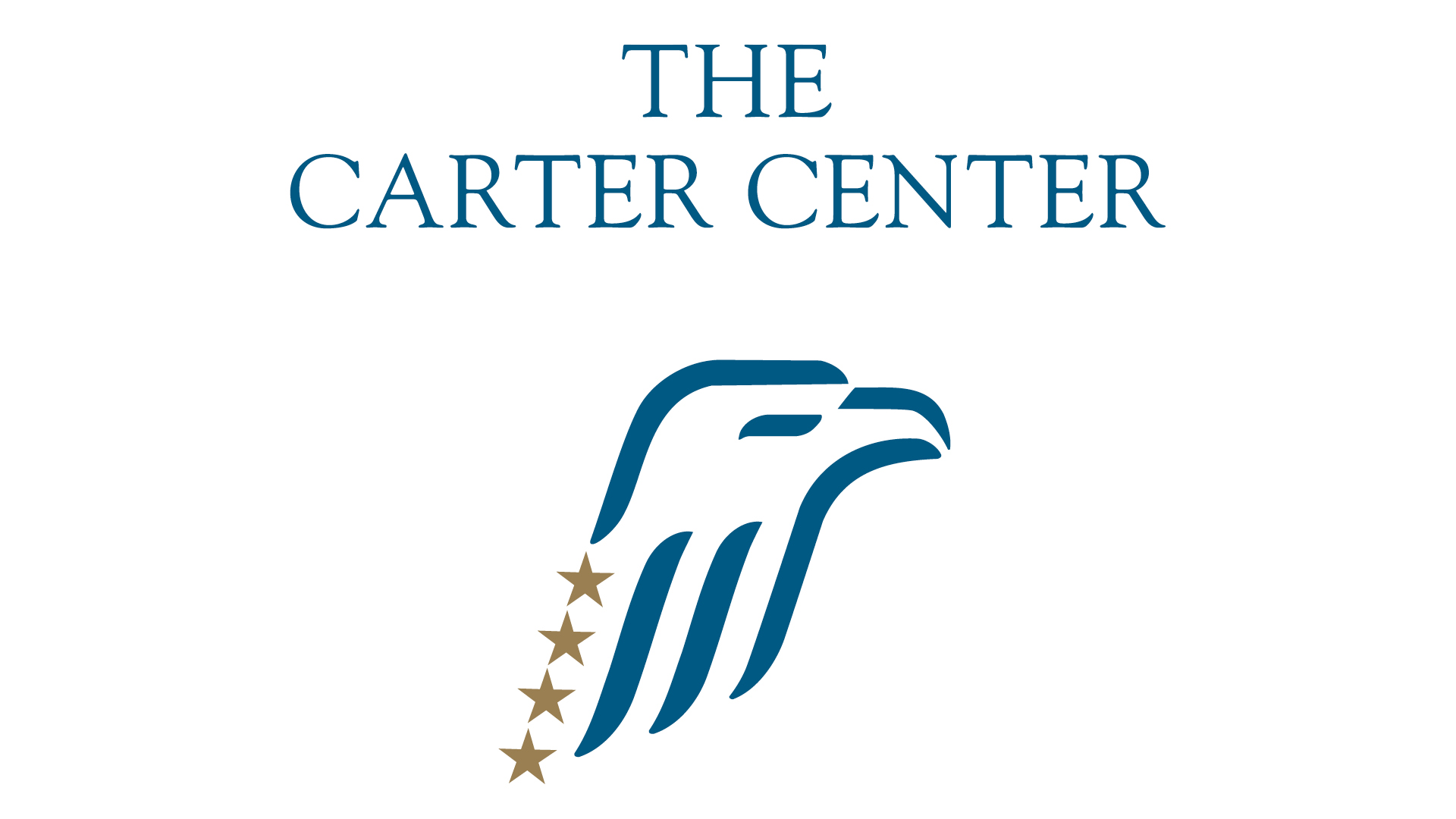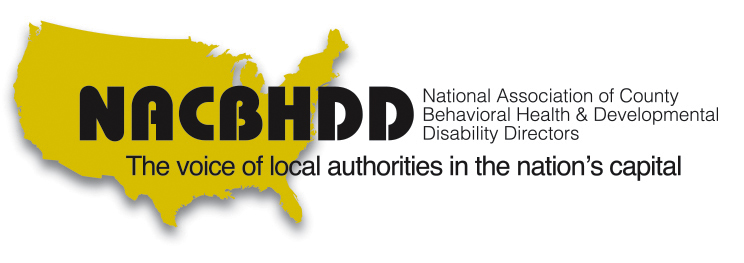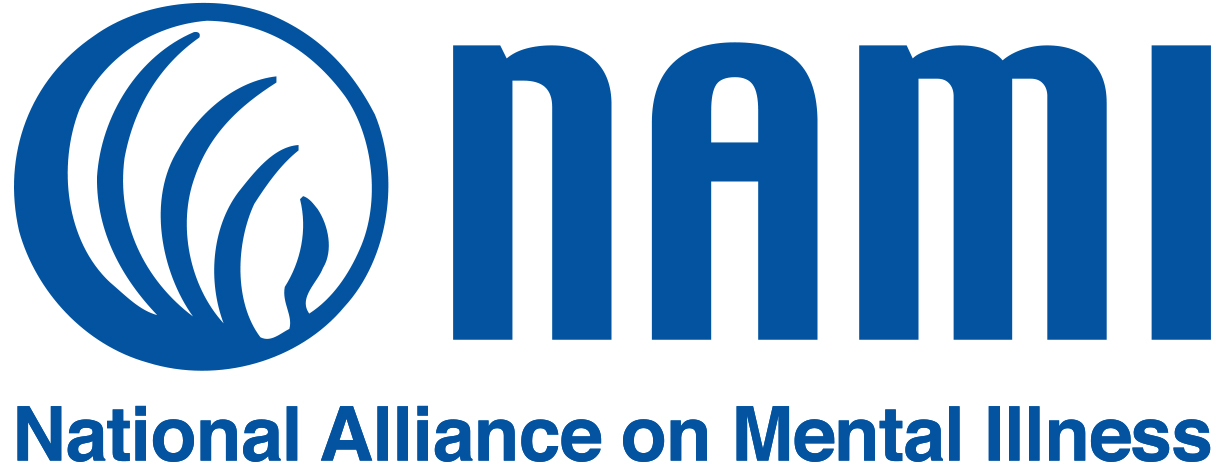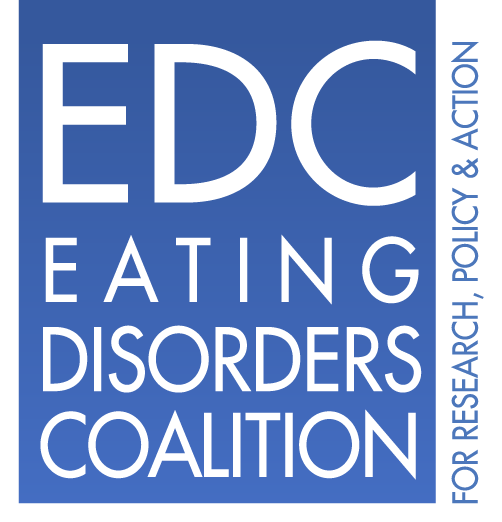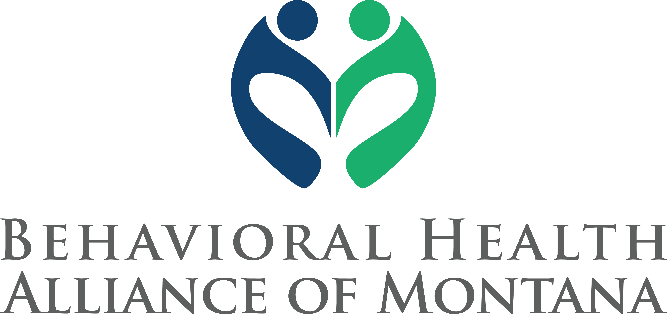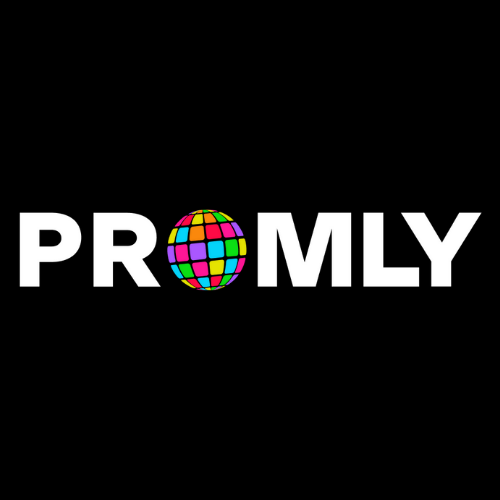EQUAL ACCESS TO MENTAL HEALTH AND ADDICTION
TREATMENT SERVICES IS YOUR RIGHT
The 2008 Federal Parity Law requires insurers to cover illnesses of the brain, such as depression or addiction,
no more restrictively than illnesses of the body, such as diabetes or cancer.
As the nationwide mental health and addiction crisis continues, mental health parity is more important than ever.
Unfortunately, many insurers are still not following the law.
Why is Parity Important?
Too often, people can’t get the help they need because of insurers’ overly aggressive managed-care techniques. Confused and overwhelmed with treatment costs that insurance won’t cover, many give up and suffer in silence. It is time to break that silence and shine a spotlight on a system that oppresses those with mental health and addiction challenges. Parity is now a human rights issue; it is time to demand change. Review the fact sheet below to learn more.
Is Your Insurance Company Breaking the Law?
Insurer violations of mental health parity laws can take many forms, including placing limits on how long and how often patients can receive care, providing insufficient networks of mental health providers, and more. Most people are unaware that a parity violation has even occurred. If you know what to watch out for, you will be better equipped to assert your rights. Click the image below to learn more about common parity violations and other important parity issues.
Learn More
Statement on January 2022 U.S. Department of Labor, Department of Health and Human services, and Department of the Treasury report addressing parity in health plan coverage
Statement from former Congressman and Co-Sponsor of the Mental Health Parity and Addiction Equity Act, Patrick J. Kennedy
Mental Health Parity: Ending Discrimination in Health Insurance Coverage
Recorded webinar from The Kennedy Forum featuring U.S. Secretary of Labor Marty Walsh
Game Changer: Implications of the Wit v. United Behavioral Health Ruling
Recorded webinar from The Kennedy Forum
Mental Health Parity: The New Frontier of Civil Rights
Video from The Kennedy Forum
The Health Insurance Appeals Guide: A Consumer Guide for Filing Mental Health and Substance Use Disorder (MH/SUD) Appeals
Consumer guide from The Kennedy Forum
What are Parity Rights?
Video from The Kennedy Forum
State Parity Progress
A digital resource from The Kennedy Forum – has parity been prioritized in your state?
The System We Need
Video from The Kennedy Forum
Filing an Appeal Based on a Parity Violation
Issue Brief from The Kennedy Forum
Does your insurance cover mental health services?
Consumer guide to mental health parity from the American Psychological Association
Mental Health Insurance: Get the Whole Picture
Video from American Psychological Association
Get Help for Addiction: How to Find Quality Addiction Treatment
Patient guide to finding quality treatment from Center on Addiction
Pathways to Care: Treating Opioid and Substance Use Disorders
White paper and toolkit from the National Association for Behavioral Healthcare
Wit V. United Behavioral Health (UBH): Landmark Parity Ruling
Infographic from The Kennedy Forum
Uniting Individuals and Organizations as One Voice for Mental Wellness
Video from the American Mental Wellness Association
A Compelling Argument for Facilitating the Equitable Use of Generally Accepted Standards of Care
Toolkit from the National Council for Behavioral Health
Depression, PTSD, & Other Mental Health Conditions in the Workplace: Your Legal Rights
U.S. Equal Employment Opportunity Commission
Relevant Media Coverage
A Family’s Struggle to Care for Son’s Autism Reveals Gaps in Mental Health Parity Laws
MindSite News
Mental Health Push in Congress Sparks Lobbying Frenzy
POLITICO
With New Report, Biden Administration Takes on Insurers Over Mental Health Failings
MindSite News
Teachers, Police, Other Public Workers Left Out of Mental Health Coverage
The New York Times
Employers on Hook for Mental Health Parity Despite New Target
Bloomberg Law
‘The mental health parity law…is still not fully enforced,’: Fmr. Representative Patrick Kennedy
Yahoo! Finance
Mental Health Services Wane as Insurers Appear to Skirt Parity Rules During Pandemic
Kaiser Health News
As Suicides Rise, Insurers Find Ways to Deny Mental Health Coverage
Bloomberg
Families fight insurers for life-saving care for loved ones with mental health conditions
CBS This Morning
Denied
60 Minutes
Mental health treatment denied to customers by giant insurer’s policies, judge rules
The New York Times
In scathing ruling, judge rips insurer for putting ‘bottom line’ over patients’ health
CNN
Take Action
NEW! Help us spread the word with this new printable flyer that advocates and providers can use to help consumers understand patient rights to equal insurance coverage for mental health and addiction treatment.
Learn to File an Appeal – Insurers count on the fact that most people will not appeal denied claims or make an effort to challenge suspect managed-care practices. This is unacceptable. By learning to file an appeal, you will be taking the first step to holding your health plan accountable for equal access to mental health and addiction treatment services. Get started…
Tell Us Your Story – e must pressure elected officials, insurance commissioners, and attorneys general to enforce parity laws. The best way to do that is through data illustrating what families face each day. No one chooses to have a mental health or substance use disorder. Don’t tolerate discrimination. Access to care is your right, so add your story to our database. We may ask for your permission to share your story with news media or government officials to strengthen the case for parity enforcement.Get started…

For Providers
By empowering your patients to understand and assert their parity rights, you can help to spark a movement that pressures elected officials, insurance commissioners, and attorneys general to enforce parity laws. Download and print our provider tip sheet, and ‘Don’t Deny Me’ posters and brochures for your office. Here are the files you will need:
Provider Tip Sheet to Get Started
Office Flyer for Desktop Printing
For Advocates
The Wit v. United Behavioral Health (UBH) ruling was a major milestone in the fight for mental health equity. Learn more here. We must use its powerful message to remind our nation’s large employers that they share a fiduciary responsibility to ensure plan compliance with the Federal Parity Law. We must also remind them of their moral responsibility to stop illegal denials of treatment coverage for their employees with mental health and substance use disorders. Please use our template to send letters to large employers in your state.
Letter Template
(Note: when you click on this link a Microsoft Word document will automatically download to your computer)
Autism Community
A January 2022 Mental Health and Addiction Equity Act Congressional report from the U.S. Department of Labor, U.S. Department of Health and Human Services, and U.S. Department of the Treasury provided damning evidence that practices such as denying coverage for autism treatment are indeed commonplace (see coverage here). The Kennedy Forum—along with 53 other leading mental health organizations—subsequently called on Congress to pass civil monetary penalty authority for parity violations. Read the letter here. Autism advocates are encouraged to put pressure on their Senators and Representatives to fight for the authority as well.
For Unions
Equitable coverage of mental health and addiction care is critical both for union members and their dependents, just as it is for others. Unfortunately, despite the Federal Parity Law, regulatory actions, and numerous court decisions, health plans – including multiemployer defined benefit plans, Taft-Hartley plans, and multiple employer welfare arrangements – continue to deny coverage. Union leaders must help to ensure that the rights of their members are not be trampled. Review this issue brief to learn more and take action.
Having Trouble Finding
Culturally Competent Care?
According to Mental Health America, a culturally competent mental health system “incorporates skills, attitudes, and policies to ensure that it is effectively addressing the needs of consumers and families with diverse values, beliefs, and sexual orientations, in addition to backgrounds that vary by race, ethnicity, religion, and language.” If you are unable to find a culturally competent mental health care provider within your network of care, we’d like to hear from you. Your voice can help to shine a spotlight on this critical issue and spark change.
Spread the Word
Join us in creating a consumer-driven movement to demand parity rights and save lives. More and more frequently, families are being ripped apart by overdoses and suicides because their health plans failed them. Recovery from mental health and substance use disorders is possible with treatment. Let’s break down the barriers to care with one powerful voice. Share the image and message below to spread the word about Don’t Deny Me and empower others.
(Note: When you click on Facebook, Twitter, Instagram, or LinkedIn below, a zip file containing the five images featured on the rotating banner at the top of this page will automatically download to your computer.)
Message:
By law, most health plans must cover illnesses of the brain, such as depression or addiction, the same way they cover illnesses of the body, such as diabetes or cancer. Speak up about illegal denials of care! Learn more at www.DontDenyMe.org #DontDenyMe
Join the Campaign
Would your nonprofit like to receive a monthly Don’t Deny Me social media toolkit containing messages and accompanying image/video files for sharing on social media? Email bridget@thekennedyforum.org to sign up.

